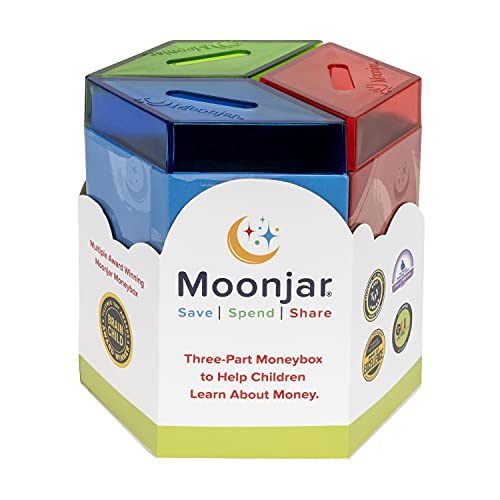Disclosure: This post may contain affiliate links, meaning we get a commission if you decide to make a purchase through our links, at no cost to you. Please read our disclosure for more info.
One of the biggest challenges when it comes to parenting is figuring out creative ways to get kids excited about helping around the house. You know that doing regular chores can teach kids responsibility and prepare them for life in the real world. But sometimes you may let chores slide because you’re tired of hearing your kids complain about having to perform their daily tasks. If you have children who look for any excuse to avoid chores, don’t despair. Here are some helpful ideas to transform chore time from a drudgery to a delight.
In This Post:
1. Beat the Clock: Set Your Timer
Whether you’re dealing with a business professional working on a project at the office or a nine year old cleaning a bedroom, one of the best motivating factors for getting a job done is setting a clear deadline. For kids, you can tell them in advance how long they will have to complete a task. Make sure and explain carefully how you want the job to be done so it gets done well, not just quickly.
For example, tell your child you want the toys in their room put away in the toy box, dirty clothes placed in the laundry basket, and their bed made.
- Give them a realistic time frame in which to complete the assignment.
- Then set a timer.
- Put the timer in a place your child can clearly see, or give them regular updates, such as, “five more minutes!”
- Set the timer for a little longer than you think the job will realistically take.
If your child is able to beat the clock by getting the job done before the timer goes off, you can give them a special reward, such as a small piece of candy or sticker, or just congratulate them for being so speedy.
2. Make a Room Spotless By Playing Secret Piece
If you’re fed up with trash and clutter accumulating in various rooms of your home, get your kids to help clean up without nagging them by playing the game Secret Piece. Give each child a small container. Send them on a timed hunt to gather up bits of junk and miscellaneous items lying around the room.
Tell them in advance that one piece will be your Secret Piece. After all the items are collected and time has run out, inspect their bins. Give the child who found the secret piece a small prize. This game also works great for clearing toys, balls, and sticks out of the yard before mowing.
3. Motivate With a Chore Chart and Allowance
One tried-and-true motivational method is chore charts and an allowance system. Write out regular chores and responsibilities on a chart, such as brushing teeth, making the bed, and cleaning their room. Add more chores the older and more capable your child becomes.
Each time they complete a job, let them add a sticker. Designate a certain number of stickers they need to earn to be able to get paid their weekly or monthly allowance. This system teaches kids the importance of consistency in doing their chores as well as helps them learn to equate working with earning money. Charts can be especially helpful for kids who have trouble processing verbal directions, such as those who have ADHD.
4. Perform a Military-Style Inspection
If you have a child who enjoys pretending they’re in the military, play a military inspection game. As their Drill Sargent, explain to them the importance of making sure that the area they’re responsible for cleaning is “ship shape” for inspection time.
You can really ham it up by having them line up their stuffed animals along the wall at attention. If they pass inspection, you could give them a higher “rank” or military-style certificate of merit printed off the computer to hang up on their wall.
5. Reward Each Job Individually
Though earning awards over time using sticker charts can be helpful for many children, immediate rather than delayed gratification can sometimes prove to be a more effective motivator. A traditional allowance usually works like a salaried job, where the child is paid a set amount of money per week or per month. This alternative system works more like freelance work, where the child will earn money for each individual task they perform. This system works well with older kids and teens looking for extra jobs to do around the house to earn more money.
You could post all the jobs to be done on sticky notes on a white board, listing the amount of money each job is worth. For example, one sticky note could read, “Gather up all the trash from different rooms throughout the house. Put into large trash bags. Deposit into the trash bin in the garage. $3.00.” You can list everything from small jobs, like setting and clearing the table, to large jobs, like laundry or mowing the yard.
Wrap-Up
As every parent can testify, no two children respond exactly alike when it comes to motivation. That’s why it’s important to figure out which of the types of motivation work with each of your children. Whether your kids respond best to social factors, achievement, incentives, or some other motivational factors, there are plenty of positive strategies you can employ to help them learn to enjoy helping out around the house. Regardless of other motivating factors, one of the most important motivators for performing chores or other tasks is the satisfaction of knowing you’re proud of their hard work. Let your kids know you’re pleased with them when they get their chores done. Hopefully, your encouraging praise and skillful use of these effective motivational strategies will help your kids become ready and willing to pitch in and get their chores done.







